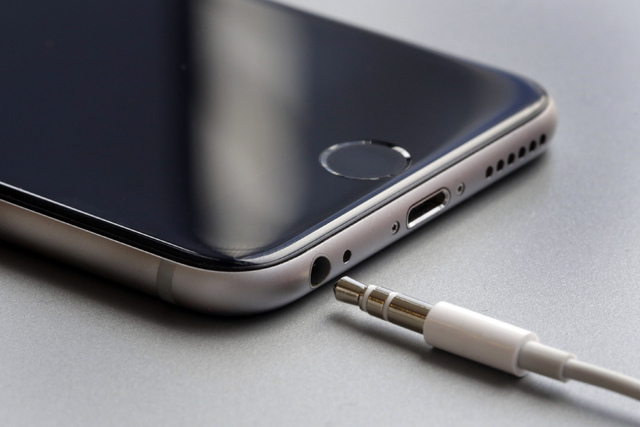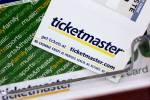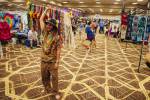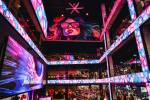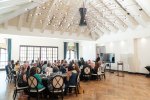Songwriters’ group sues Las Vegas bar over licensing fees
Hootie’s getting litigious with a local bar and music venue — at least the organization that represents the group’s songwriting interests, that is.
The American Society of Composers, Authors and Publishers (ASCAP) has filed a copyright infringement suit against Adrenaline Sports Bar & Grill (3103 N. Rancho Drive), accusing the venue of not paying the proper licensing fees for the public performance of copyrighted music.
The suit, which was filed Tuesday in U.S. District Court in Nevada, cites a trio of songs from Hootie and The Blowfish, Tracy Chapman and Sara Bareilles that were performed without proper authorization at Adrenaline in May.
According to the court filing, ASCAP representatives made more than 40 attempts to contact the venue and establish an ASCAP license for the club beginning in October 2014, the month that Adrenaline opened, after being known as The Cheyenne Saloon under previous owners.
“There comes a time when we’ve made so many attempts to license a particular establishment, like Adrenaline, and they’ve repeatedly refused to take a license, so we owe it to our members to make sure they’re being properly compensated when their music is played,” says Jackson Wagener, vice president of business and legal affairs at ASCAP.
When contacted for a response to the suit, Ric Eubank, one of Adrenaline’s three owners cited in the legal filing, declined to comment, though he said he’d be willing to discuss the issue at a later date when ownership determines how to proceed with the case against it.
All establishments where music is played publicly, be it from a live band, a DJ, karaoke performances or simply streamed from an iPod, must compensate the songwriters of said music by paying a licensing fee collected by ASCAP.
The cost of the license is predicated primarily on three factors: the total occupancy of the venue, the type of music usage and whether the establishment charges a cover for admittance.
According to ASCAP, most bars and restaurants pay an average of $2 per day for unlimited use of their members’ catalog.
Wagener says that the majority of establishments contacted by ASCAP pay the required fees and that venues looking to dodge licensing costs are the exception rather than the norm.
“I wouldn’t say it’s a widespread problem, but it’s one that we take seriously,” he notes of venues refusing to get licensed. “We view it as obligation not just to our members but also to our licensees. If the bar across the street from Adrenaline and all the bars on the block are paying ASCAP license fees, it puts them at a competitive disadvantage if we didn’t also do our best to license Adrenaline.”
Under law, the financial penalty for each violation ranges from a minimum of $750 to a maximum of $30,000, the amount typically being a multiple of the total fees avoided by an establishment during the period it went without the proper license.
“It can’t be less expensive to avoid your obligation under the law and your obligations to the songwriter than it is to simply comply and take a license,” Wagener says.
ASCAP’s preference, according to Wagener, is to settle out of court.
The organization is not looking for a windfall, he says.
“We’re not trying to put anybody out of business,” Wagener says. “We’re not looking to litigate this until the end of the road, although we are certainly willing to do that if that’s the course we all end up taking.”
Read more from Jason Bracelin at reviewjournal.com. Contact him at jbracelin@reviewjournal.com and follow @JasonBracelin on Twitter.



